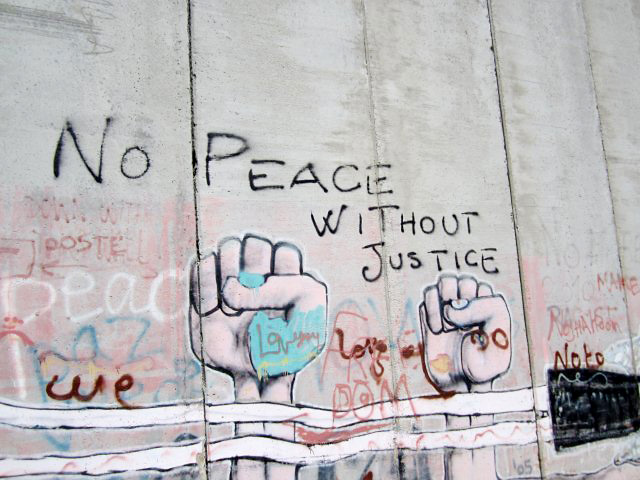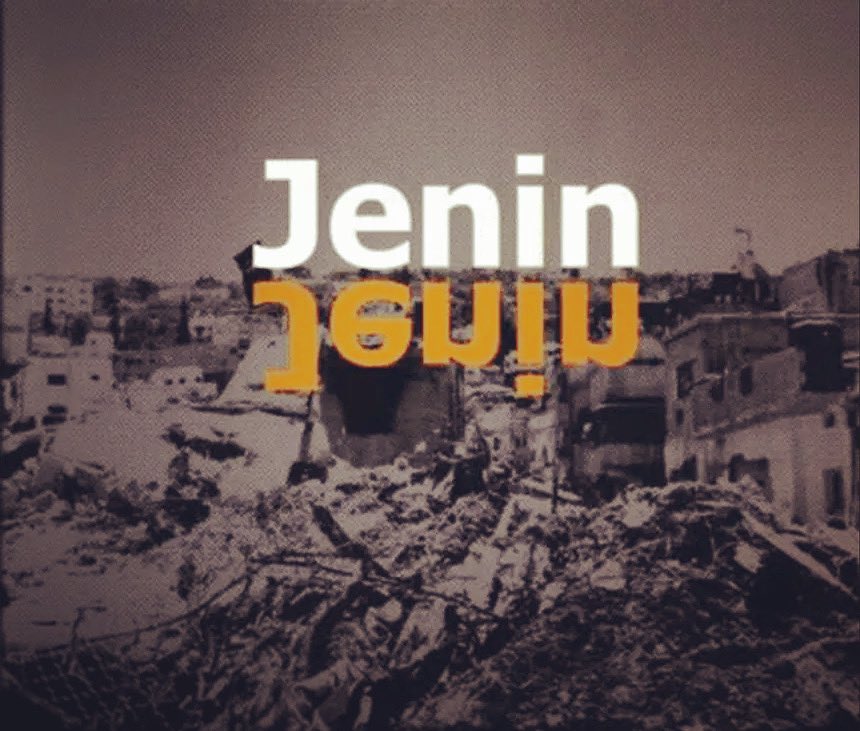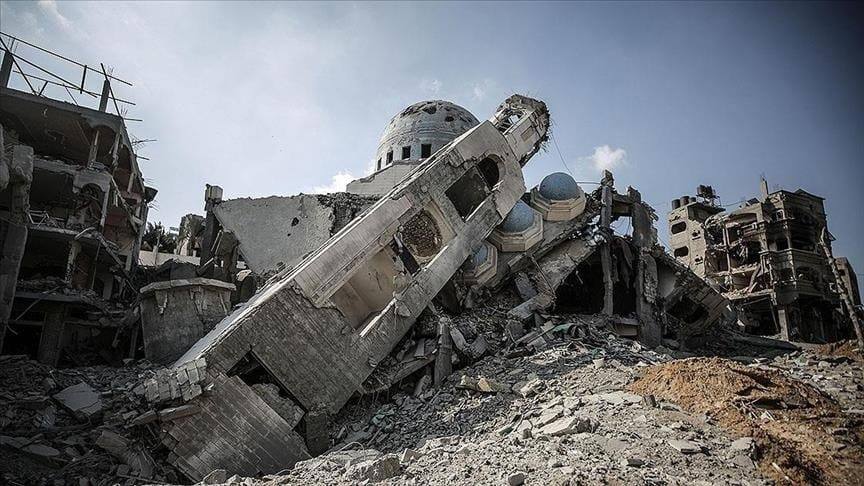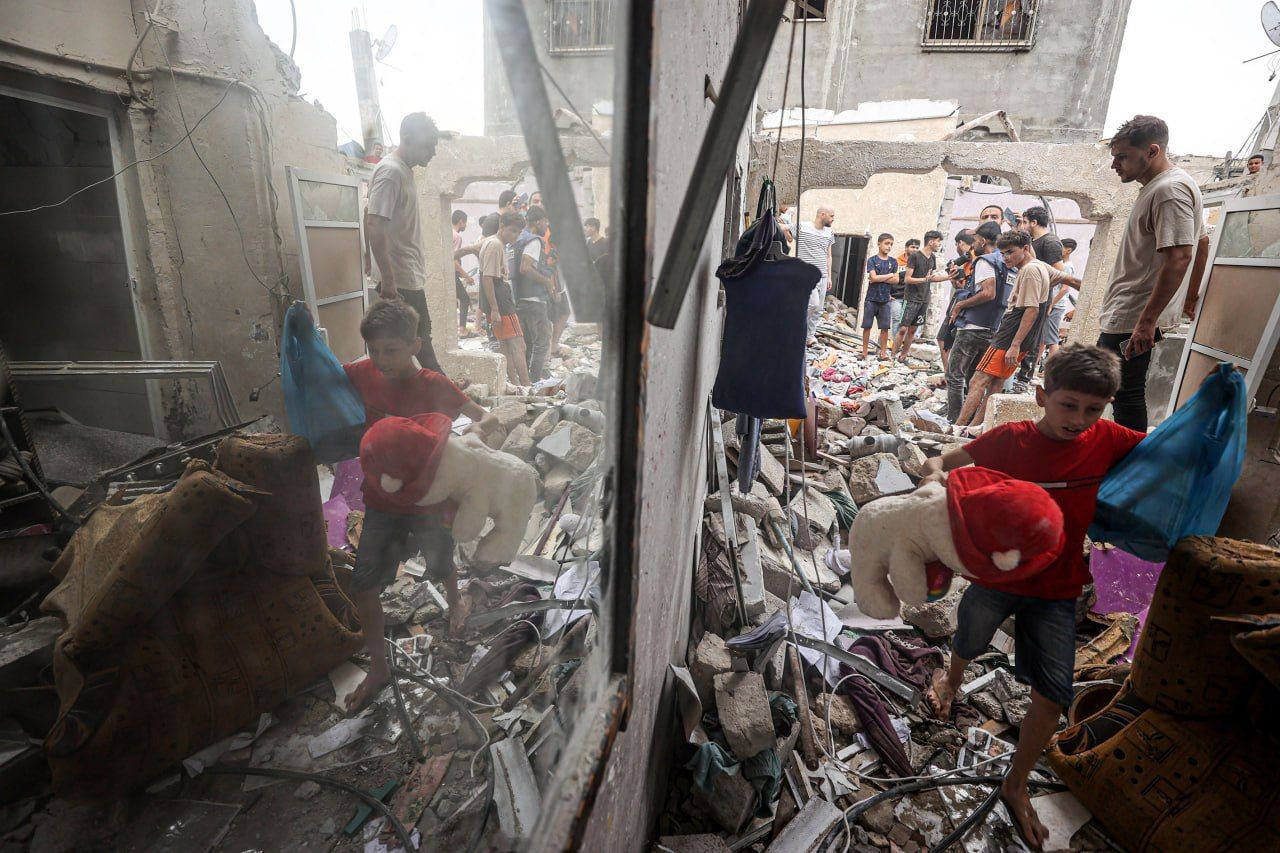It seems that peace in Palestine will remain confined to the realm of wishful thinking. For the vast majority of people around the world, the racist apartheid entity known as Israel is probably the most gargantuan crime against humanity ever committed in the history of mankind.
Israel was conceived in sin, misbegotten in evil when it was established nearly 75 years ago, remains completely evil today, and will always be irremediably evil, no matter how many people sing its praises.
The creation of Israel in Palestine may not be the most heinous genocidal act in history. But it is most certainly the biggest and most obscene theft ever. How else can any honest person describe the arrogation of an entire country by the British empire and surrendering it, as a (National home), on a silver platter to another people ( Zionist Jews) on the ground that these people were stateless and persecuted, especially following the tragic events of the World War II.
Indelible calamity for Palestinians
Indeed, the very creation of Israel and its malignant growth into a powerful evil entity has inflicted a huge indelible calamity to every Palestinian family.
Yes, thanks to Zionism’s triumph, thanks to overwhelming, unlimited and sustained backing by racist, anti-Islam Western powers such as UK and US, every Palestinian family had its share of the still ongoing agony, immense suffering and misery resulting from the establishment of the evil entity, which is nothing less than a protracted, unrelenting and unceasing crime against humanity.
It is probably impossible to find a single Palestinian who has escaped the impact of the Zionist Jewish crimes, still, continues unabated.
Israel: When will the Jews say Mea Culpa?
This writer’s family, for example, was forced to dwell in a cave for 20 years, following the near extermination of my father’s family in 1953. In that fateful year, Jewish terrorists massacred his three paternal uncles, Hussein, Mahmoud and Yousef not far from the village of, al-Burj, about 30 km southwest of the town of Hebron.
The three, along with other relatives, were totally innocent shepherds, grazing their folks of sheep near the armistice line. In addition to murdering my family, the Zionist murderers stole hundreds of sheep upon which our family depended on for living.
Read Also: Expect a Srebrenica-like massacre anytime by Jewish Settlers in the West Bank
Interestingly, up to this day, Israel, the so-called only democracy in the Middle East, has not said “Mea Culpa“! let alone paid compensations for their crimes When will the Zionist Jews say a simple sorry for their unwept victims? Perhaps when kosher pigs fly!
Yes, every single Palestinian has a story to tell about what happened to his or her immediate family, relatives, neighbours and fellow villagers.
The Zionists, notoriously selfish and narcissistic, calculated that old Palestinians who experienced the holocaust-like Nakba first-hand ( the brutal, violent extirpation of an entire people from its ancestral homeland does constitute a form of genocide), would die and the young would forget.
However, the Zionist calculations proved utterly faulty as the cause has been kept alive and living, strongly and firmly, in the hearts and minds of millions of people around the world, including in Palestine itself where close to eight million Palestinians continue to live as a thorn in the Zionists’ side despite all their nefarious designs, plots and exploits to consign our just cause to oblivion.
There are several reasons for this exemplary resilience and steadfastness on the part of the Palestinian people, including the following:
1-The colossal Nakba, was by no means a one-time event lasting for a few weeks or a few months, followed by peace or an end of hostility. The Palestinians actually never encountered circumstances or conditions conducive to making them or their descendants forget or overcome their pains. Indeed, ever since 1948, the collective Palestinian experience has been a sequence of atrocities, pogroms, repressive measures, mass internment and imprisonment, home -demolitions, land-grabbing, sporadic massacres, and similar acts of persecution and oppression. This would draw a conclusion that peace in Palestine belongs to the realm of fantasy.
The main purpose of these evil measures has always been to force the Palestinians, or significant numbers of them, to leave their homeland for good. Indeed, in many instances, the Zionist authorities offered attractive sums of money to “encourage” Palestinians to emigrate to countries such as Australia and Canada. However, very few Palestinians would swallow the Zionist bait.
The unrelenting suffering and the protracted oppression and savagery kept alight the torch of resistance even to this day as most Palestinians came to realize that they were facing two main alternatives: continued resistance even at a high price, or going into oblivion and repeating the experiment of the “American Indians” of the Middle East.
2-The second reason which enabled the Palestinians to keep their struggle alive is their strong Islamic faith. Islam encourages its followers to resist oppression and not succumb or give in to oppressors. True, Palestinian nationalism played and continues to play an important role in sustaining the resistance. However, it is amply clear that Islam is more able to provide an inexhaustible source of motivations for the increasingly religious showdown with Israel. More to the point, Palestinians feel they have a paramount religious duty to protect, defend, and liberate al-Aqsa Mosque from the claws of Zionism. Indeed, most Palestinians realize there can be no Palestine without Jerusalem and no Jerusalem without the Aqsa Mosque. Hence, their resolve to sacrifice body and soul for the liberation of Islam’s third holiest sanctuary.
No Peace without Justice, but Justice is more than impossible
Since there can be no lasting peace in Palestine without true justice that leaves the slate thoroughly clean, it would be safe to argue that reaching a genuine peace between Muslims and Zionist Jews would be as unlikely as Satan the devil entering the Garden of Eden in the company of prophets, saints, martyrs and righteous people on the Day of Judgment.
But since Satan will go to hell rather than paradise, peace in Palestine will remain confined to the realm of wishful thinking.
And even if Zionist Jews were to reach the conclusion that enough was enough, they still would have to agree to a system of redress for the egregious injustices inflicted on their victims from the very inception of the gargantuan crime against humanity.
For justice, even a semblance of justice to materialize, the Jews of the world would have to pay the Palestinians adequate and prompt reparations for the purpose of promoting justice and redressing the horrible and still ongoing crimes against the victims and their descendants up to the 10th generation. I cannot determine the exact amount of reparations and indemnification which Jews would have to pay for the victims. But an initial amount of 30-50 trillion dollars would probably suffice for a final rapprochement. Am I undergoing day-dreaming. Definitely. That is why even invoking the possibility of a real durable peace between Palestine and Israel belongs to the realm of fantasy and wishful thinking. (end)



 Featured7 months ago
Featured7 months ago


 Featured6 months ago
Featured6 months ago


 Featured4 years ago
Featured4 years ago


 Featured3 years ago
Featured3 years ago


 Featured1 year ago
Featured1 year ago


 Featured2 years ago
Featured2 years ago


 Featured3 years ago
Featured3 years ago


 Featured4 years ago
Featured4 years ago













